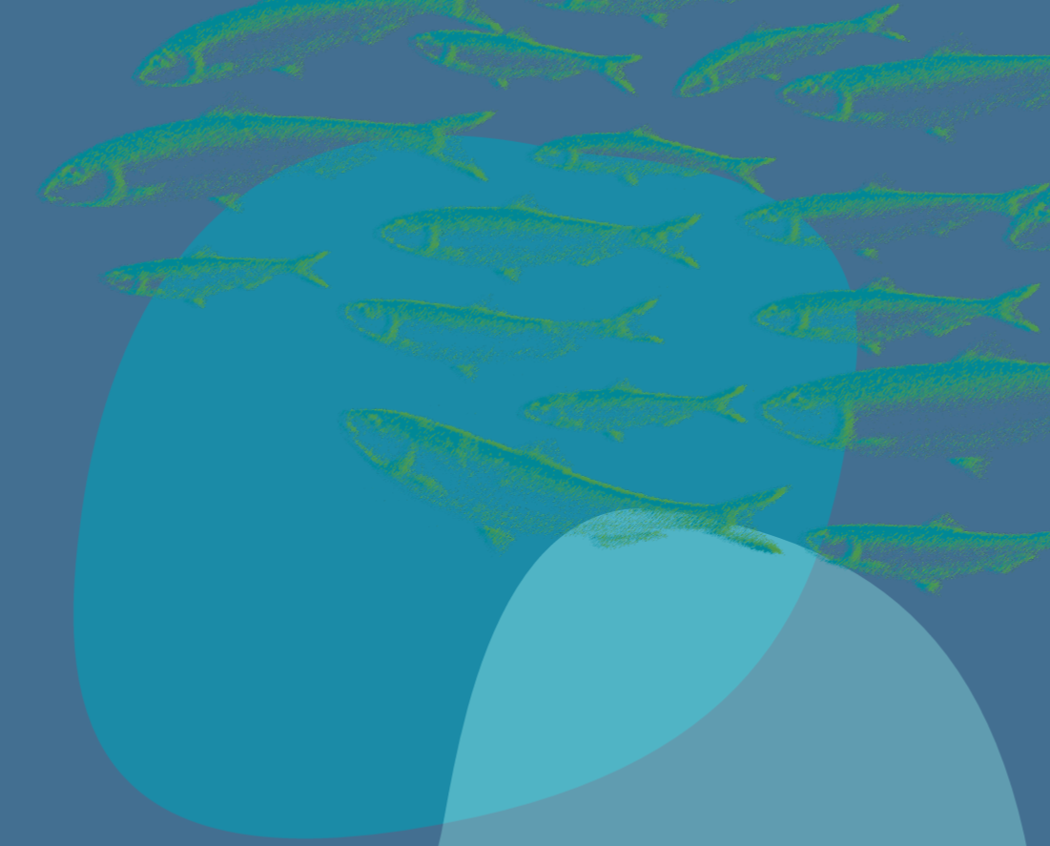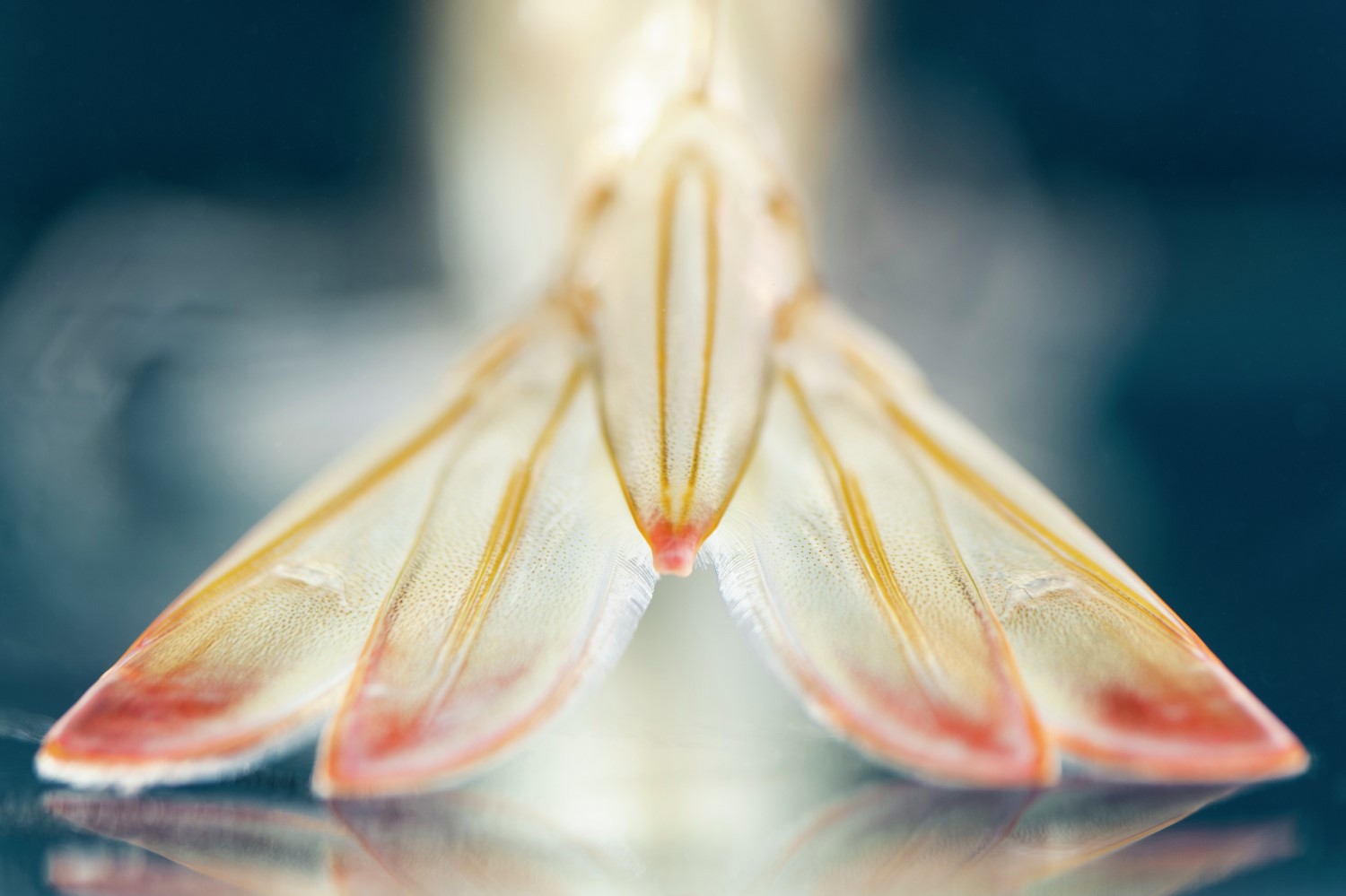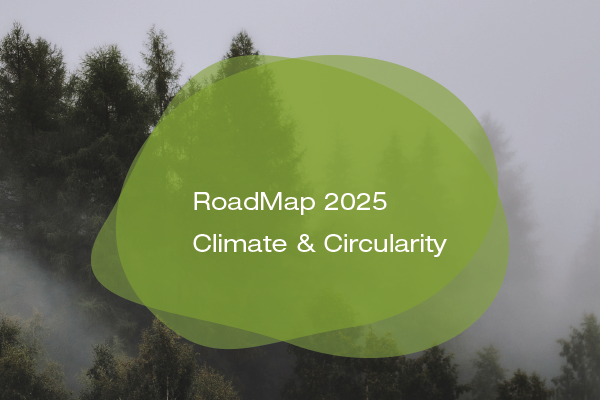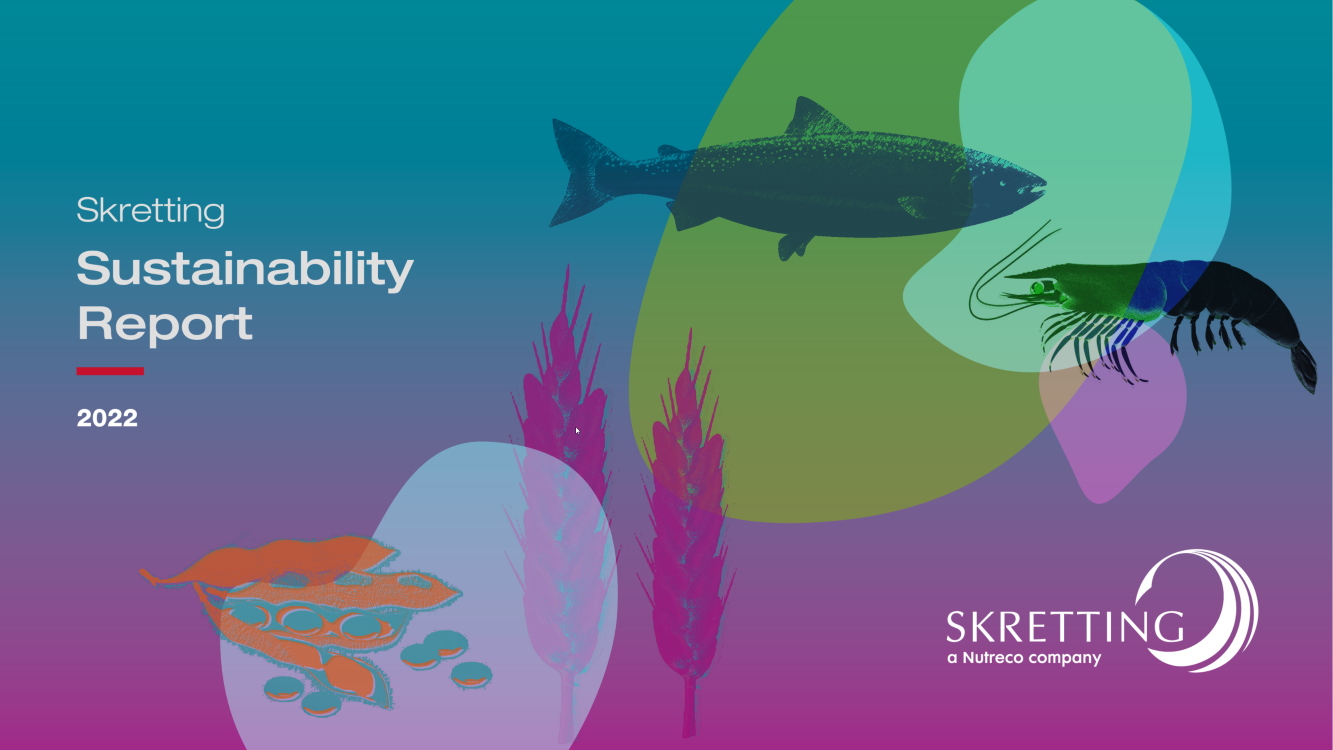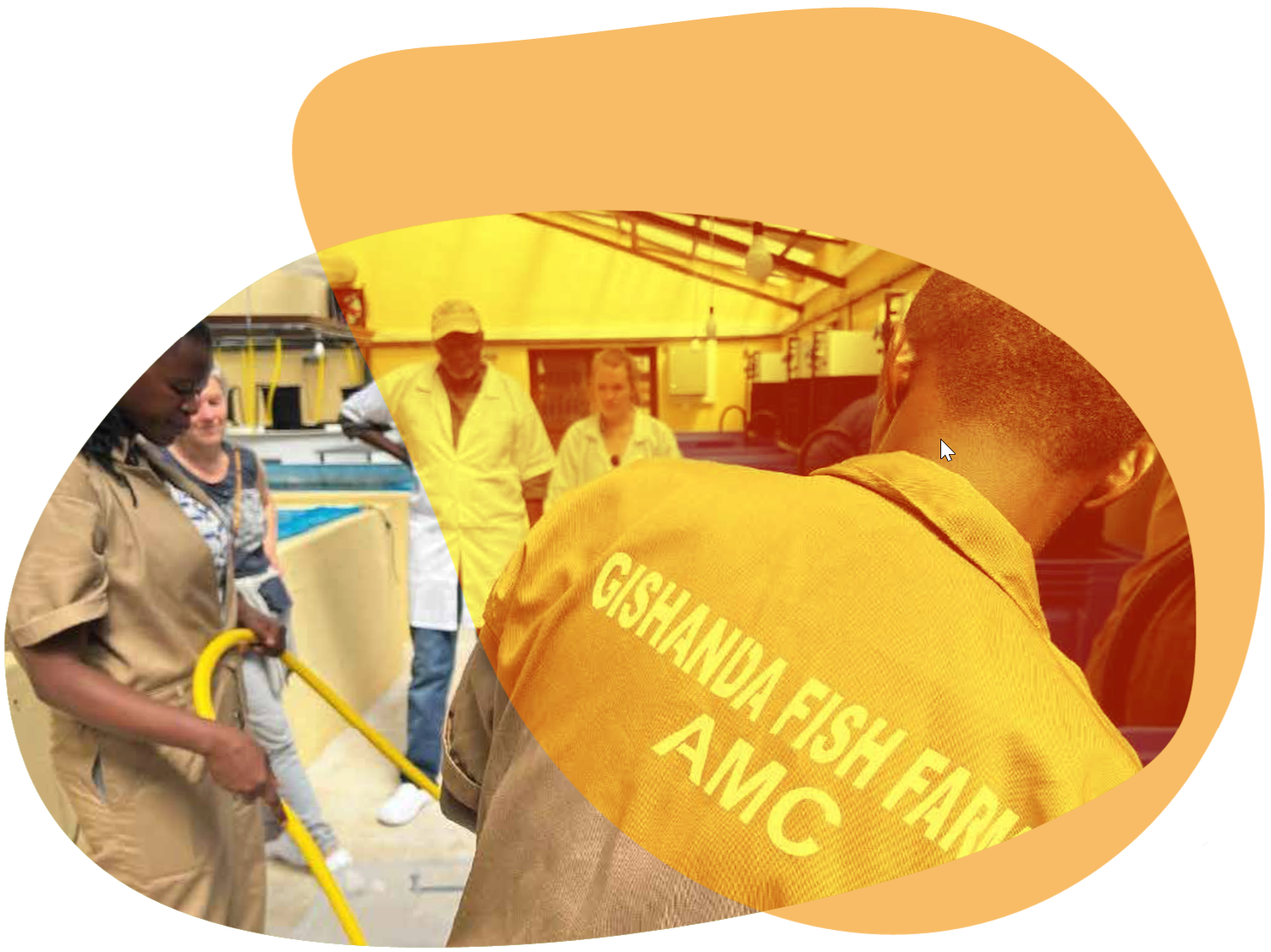 Gishanda Fish Farm is a new socio-economic aquaculture development initiative introducing the innovation and skills capable of accelerating sustainable food production in the Akagera National Park region of Eastern Rwanda. Opened in October 2022, the initiative is also aiming to create employment opportunities for surrounding communities, and an accessible source of locallyproduced protein.
Gishanda Fish Farm is a new socio-economic aquaculture development initiative introducing the innovation and skills capable of accelerating sustainable food production in the Akagera National Park region of Eastern Rwanda. Opened in October 2022, the initiative is also aiming to create employment opportunities for surrounding communities, and an accessible source of locallyproduced protein.
Supported and co-funded by the Netherlands Enterprise Agency (RVO) and Skretting and Nutreco’s parent company SHV, the catalytic partnership project is the brainchild of conservation organisation Akagera National Park and publicprivate initiative FoodTechAfrica.
“It may seem an unusual move for a conservation organisation to be building and running a fish farm. However, our goal at African Parks is to leave a legacy of sustainability, for both communities and protected areas. This project addresses sustainable land use, biodiversity conservation and improving community lives,” said Ladis Ndahiriwe, Park Manager of Akagera National Park.
Located six miles from the main gate of Akagera National Park, Gishanda will utilise the latest recirculating aquaculture system (RAS) and solar technology to sustainably farm and harvest fish.
The facility will demonstrate that catfish production is an accessible protein option for communities, and that besides producing essential nutritious food, tilapia farming can serve as a model of circular agriculture with the farm effluent fertilising an on-site organic vegetable farm.
It’s estimated that 1 million tilapia fingerlings will be made available annually for commercial sale to bolster the Rwandan aquaculture sector, and that a further 300 000 to 400 000 will be used for restocking lakes in the region, thereby generating locally-viable sources of protein and economic growth on a national scale.
In the long-term, and alongside producing a highquality strain of tilapia fingerlings, Gishanda will produce up to 30 tonnes of 350-500 gram marketready tilapia annually. At least 10% of this will be supplied locally at affordable prices to combat local nutritional deficits.
Training and upskilling are at the heart of the project, with the aspiration for Gishanda to become a national learning hub for the aquaculture sector.
As such, it will partner with educational and government institutions as well as the private sector to address skills gaps as the national aquaculture industry grows.
Three catfish demonstration ponds have been built onsite to teach household level catfish farming to community members. Additionally, pond supplies (lining) and assistance will be provided to the local population – to develop catfish farming for nutritional and enterprise purposes.
Partnering with organic farming experts in Rwanda, Gishanda will also develop a demonstration farm to teach local farmers methods in sustainable agriculture. The garden will also be offered as a business to a selected community cooperative who will benefit from hands-on technical, sales and financial training to develop a viable and sustainable business. Nutreco Middle East and Africa is acting as a key sponsor and feed partner for all aquaculture activities at Gishanda. Gishanda is the second fish farm of its kind in Rwanda. In 2019, FoodTechAfrica developed and opened Lakeside Fish Farm in Bugesera.



 For the second year running, Skretting Chile has collaborated with Inspiring Girls to hold talks between women industry leaders and teenage girls from several educational establishments of the Los Lagos region.
For the second year running, Skretting Chile has collaborated with Inspiring Girls to hold talks between women industry leaders and teenage girls from several educational establishments of the Los Lagos region. It is estimated that eight million tonnes of plastic pollution enter the oceans every year. It is also estimated that marine plastic pollution generates a cost of up to 2.5 trillion dollars each year. With the aim to promote actions to reduce ocean plastics pollution and as part of SeaBOS’s transformation efforts for a healthy ocean, in 2022 Skretting and Nutreco again participated in a coastal clean-up for marine plastics. In addition to removing pollution from beaches, we used the opportunity to communicate the challenge that ocean plastics present for the marine environment, as well as show that individual actions can have an impact.
It is estimated that eight million tonnes of plastic pollution enter the oceans every year. It is also estimated that marine plastic pollution generates a cost of up to 2.5 trillion dollars each year. With the aim to promote actions to reduce ocean plastics pollution and as part of SeaBOS’s transformation efforts for a healthy ocean, in 2022 Skretting and Nutreco again participated in a coastal clean-up for marine plastics. In addition to removing pollution from beaches, we used the opportunity to communicate the challenge that ocean plastics present for the marine environment, as well as show that individual actions can have an impact. Gishanda Fish Farm is a new socio-economic aquaculture development initiative introducing the innovation and skills capable of accelerating sustainable food production in the Akagera National Park region of Eastern Rwanda. Opened in October 2022, the initiative is also aiming to create employment opportunities for surrounding communities, and an accessible source of locallyproduced protein.
Gishanda Fish Farm is a new socio-economic aquaculture development initiative introducing the innovation and skills capable of accelerating sustainable food production in the Akagera National Park region of Eastern Rwanda. Opened in October 2022, the initiative is also aiming to create employment opportunities for surrounding communities, and an accessible source of locallyproduced protein.

 In a world where access to food is not a given for everyone, initiatives to help people facing financial hardship are essential. One such initiative is the food bank, which provides food and other necessities to those who cannot afford them. In 2022, Skretting Japan collaborated with a local NGO to provide food for those in need.
In a world where access to food is not a given for everyone, initiatives to help people facing financial hardship are essential. One such initiative is the food bank, which provides food and other necessities to those who cannot afford them. In 2022, Skretting Japan collaborated with a local NGO to provide food for those in need.
